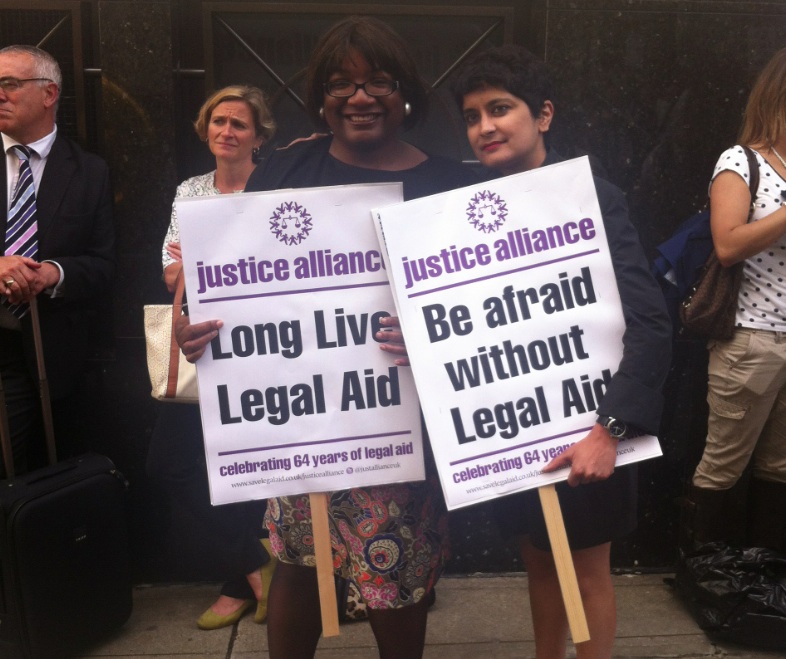Recent research by the Law Society indicates that the delayed implementation of a lower threshold for the legal aid means test has the capacity to leave millions without affordable access to justice.
As a result of this research, the UK government pledged to improve their test, making changes that would provide an estimated 5.5 million people with eligibility for legal aid. However, on March 14th, 2024, the Ministry of Justice announced that ‘the timeline for implementation will take longer than initially envisaged due to wider competing priorities.’ Now, the reforms are expected to be implemented gradually by 2026.
2018 research by Professor Donald Hirsch showed that the legal aid means test was a roadblock for many families and individuals in poverty attempting to access justice through legal channels. It was determined that even those living 10%-30% under the minimum income standard were expected to fund their own legal costs.
The Law Society, the independent organization of solicitors in England and Wales, published updated research yesterday morning outlining the realities of the delay for individuals throughout the country. While the current threshold stands, only those existing within extreme poverty are eligible for fully funded legal aid. By 2025, a couple with two children will be expected to live on £41 a day (excluding rent/mortgage payments, childcare costs, and council taxes) in order to qualify for completely funded legal aid.
For single citizens, the threshold will be £9 a day. Both figures are well below the minimum income standard, with the former being 57% below and the latter a 81%. In his research, Professor Hirsch underscored the impact of inflation on these statistics, claiming that it exacerbates the issue even further.
The Law Society has criticised the government’s insufficient approach, with President Nick Emmerson quoted as saying, ‘The fact those living in the very deepest poverty are the only ones left who are eligible for full legal aid shows just how drastically this vital support has been cut back over the past 20 years.’
‘Viewing those who are already living significantly below the minimum income standard as being well enough off to contribute to legal costs will only lead to a denial of justice for survivors of abuse denied the protection they need and for families vulnerable to illegal evictions from rogue landlords.’
Emmerson and the society at large are calling upon the government to follow through on their promises to combat homelessness and violence against women through the implementation of an updated legal aid means test that better supports vulnerable communities in the UK.




